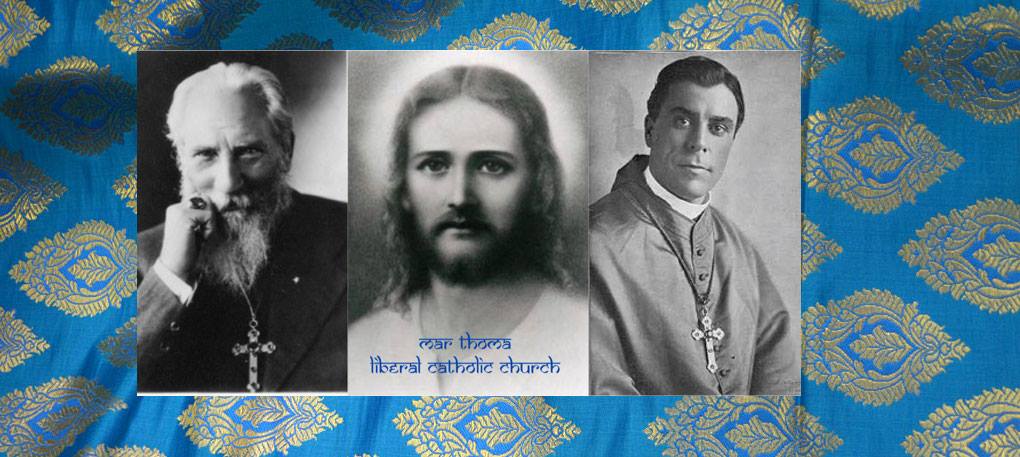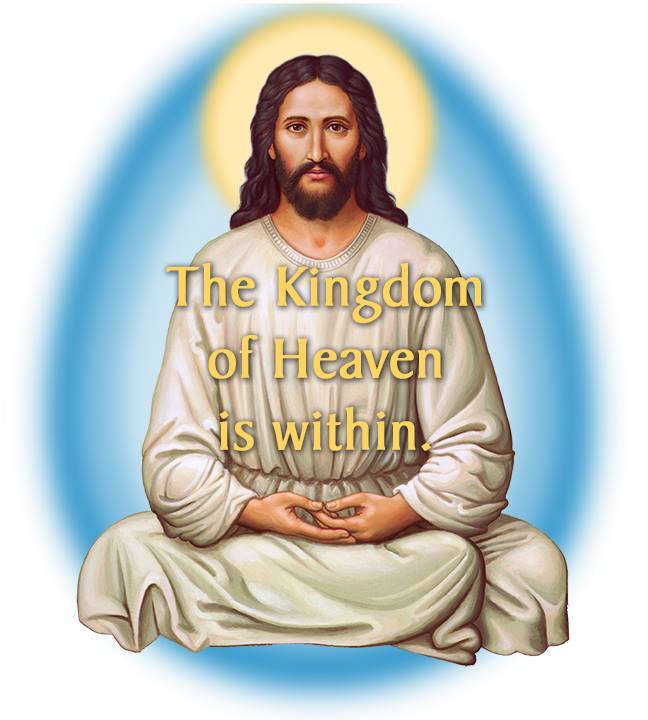Our Beliefs
1st Liberal Catholic Act of Faith
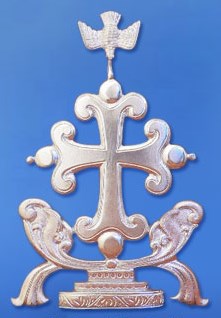 Mar Thoma Cross
Mar Thoma Cross
We believe that God is Love, and Power, and Truth, and Light;
that perfect justice rules the world;
that all His sons shall one day reach His feet,
however far they stray.
We hold the Fatherhood of God,
the Brotherhood of man;
we know that we do serve Him best
when best we serve our brother man.
So shall His blessing rest on us and peace for evermore. Amen.
2nd Liberal Catholic of Faith
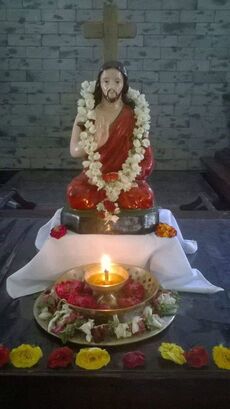
We place our trust in God, the holy and all-glorious Trinity, who dwelleth in the Spirit of man.
We place our trust in Christ, the Lord of love and wisdom,
first among many brethren, who leadeth us to the glory of the Father, and is Himself the Way, the Truth and the Life.
We place our trust in the Law of Good which rules the world; we strive towards the ancient narrow Path that leads to life eternal; we know that we serve our Master best when we serve our fellow man. So shall His power rest upon us and + peace for evermore. Amen.
We place our trust in Christ, the Lord of love and wisdom,
first among many brethren, who leadeth us to the glory of the Father, and is Himself the Way, the Truth and the Life.
We place our trust in the Law of Good which rules the world; we strive towards the ancient narrow Path that leads to life eternal; we know that we serve our Master best when we serve our fellow man. So shall His power rest upon us and + peace for evermore. Amen.
St Thomas Christianity
"Saint Thomas Christianity holds out only one goal to its initiates: the realization and manifestation of their innate Christhood. Jesus the Christ of Nazareth came to earth to reveal the Christhood which is the destiny of every person. It is our own personal Christhood that is our Savior, as Saint Paul said: “Christ in you, the hope of glory.” But this inner Christ must be awakened and developed unto perfection. This is accomplished by the means of empowerment and spiritual enlightenment known as the sacraments, and especially by the practice of meditation.
In the opening of his Gospel, Saint John wrote: “As many as received him, to them gave he power to become the sons of God” (John 1:12). “In all things it behoved him to be made like unto his brethren” (Hebrews 2:17). Jesus became like us in all things, and through the sacraments and meditation we are empowered to “grow up into him in all things,” (Ephesians 4:15), becoming like Saint Thomas his “twin” in all things. For that is what it means to be a “Saint Thomas Christian.” We become interpenetrated with the Christ Consciousness of Jesus and assimilate It into our own consciousness."
(From "The Christ of India" by Abbot George Burke)
In the opening of his Gospel, Saint John wrote: “As many as received him, to them gave he power to become the sons of God” (John 1:12). “In all things it behoved him to be made like unto his brethren” (Hebrews 2:17). Jesus became like us in all things, and through the sacraments and meditation we are empowered to “grow up into him in all things,” (Ephesians 4:15), becoming like Saint Thomas his “twin” in all things. For that is what it means to be a “Saint Thomas Christian.” We become interpenetrated with the Christ Consciousness of Jesus and assimilate It into our own consciousness."
(From "The Christ of India" by Abbot George Burke)
"Is the Mar Thoma LCC a Gnostic Church?"
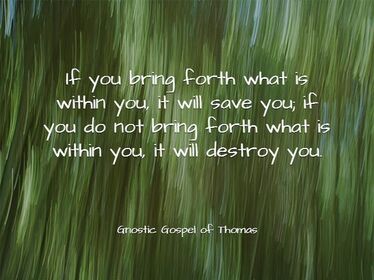
In answer to the above question, we agree with the statements of the late Bishop Edward Matthews, of the Liberal Catholic Church International, who in his Catechism, wrote:
"16. What does the Liberal Catholic Church aim to be? It aims to be a Gnostic Church.
17. Like the Gnostics of the early Christianity? No, not entirely so.
18. What difference would there be? The Church aims to avoid reproducing certain extravagances of the early Gnostics.
19. In what manner does the Church aim to be a Gnostic Church? By aiding its members to reach for themselves this certainty of knowledge.
20. What is this true knowledge called? The true Gnosis, of which St. Clement of Alexandria wrote so fervently."
21. By what means does the Liberal Catholic Church expect to bring its members to this true Gnosis? By the ancient Paths of Purification, Illumination and Union, which in olden times brought the candidate to this certainty."
"16. What does the Liberal Catholic Church aim to be? It aims to be a Gnostic Church.
17. Like the Gnostics of the early Christianity? No, not entirely so.
18. What difference would there be? The Church aims to avoid reproducing certain extravagances of the early Gnostics.
19. In what manner does the Church aim to be a Gnostic Church? By aiding its members to reach for themselves this certainty of knowledge.
20. What is this true knowledge called? The true Gnosis, of which St. Clement of Alexandria wrote so fervently."
21. By what means does the Liberal Catholic Church expect to bring its members to this true Gnosis? By the ancient Paths of Purification, Illumination and Union, which in olden times brought the candidate to this certainty."

